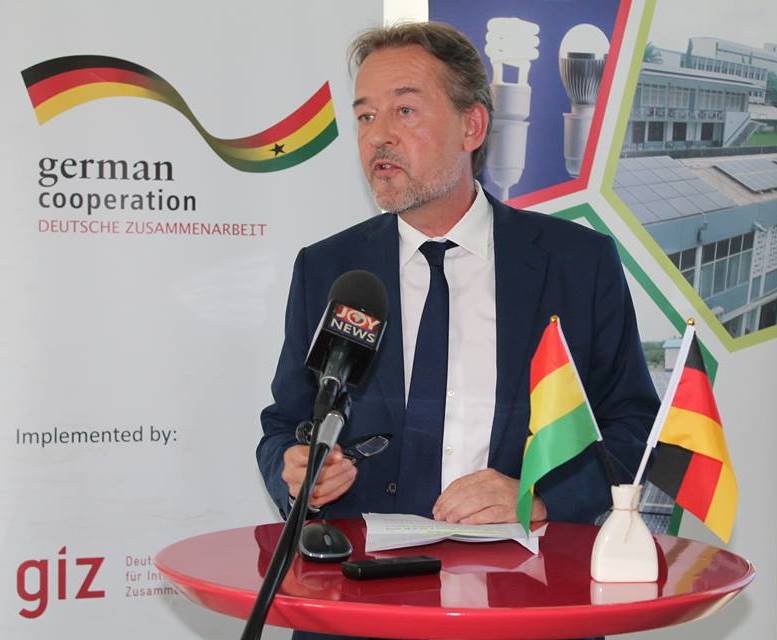Africa has great potential for sustained inclusive growth. Africa will be a priority for the German G20 presidency in 2017. The G20 (Group of 20) is an international forum for the governments from 20 major economies in the world. To renew efforts for sustainable economic development in Africa the German Presidency has launched the “G20 Africa Partnership” to support private investment, sustainable infrastructure and employment in African countries as well as contribute to the AU Agenda 2063.
The Partnership intends to support related political initiatives of the G20 and facilitate joint commitments (Investment Compacts) between African countries, G20 Partners and International Financial Institutions. Compacts should be demand driven and form the basis for long-term cooperation, with the aim of creating a sound investment climate in relevant sectors of selected African economies. The initiative builds on existing regional and international strategies.
The envisaged Partnership will comprise the following fields of cooperation:
Strengthening the framework for private finance and investment
One envisaged outcome is a commitment on Investment Compacts, which include a country specific set of measures to improve the macro, business, and financing framework for private investment, including in infrastructure. G20 Finance Deputies commissioned a report by the International Financial Institutions operating in Africa to provide information on existing investment initiatives in Africa, and to identify best-practice instruments and measures (modules) that can support private and infrastructure investment. The identified modules will form part of tailor-made investment Compacts.
Developing quality infrastructure, e.g. access to renewable energy
The G20 could support sustainable infrastructure growth through knowledge sharing on quality infrastructure investment and the sustainable management of natural resources. The G20 could become a global partner of the Africa Renewable Energy Initiative (AREI) and help to expand the coverage and increase the efficiency of climate-related risk finance and insurance schemes in AfricaG20 will continue to implement the Energy Access Action Plan (Subsahara Africa).
Improving inclusive economic growth and employment
The G20 could launch an initiative to stimulate employment and income-generating opportunities for young Africans, including through skills development (Initiative for Rural Youth Employment) and vocational training. The G20 could in addition commit to an action plan on the empowerment of women and girls through digital inclusion – eSkills4Girls.
Africa Conference
To build upon the common interest in strengthening relations between the G20 and African partners, the German Presidency will initiate a High-Level Dialogue of G20 and African representatives as well as experts and private sector stakeholders.
The conference will take place on 12-13 June 2017 in Berlin, and address cooperation between G20 and African countries as well as International Organizations and other stakeholders. Participants will be selected Heads of State, Ministers, country representatives and IOs, MDBs, NGOs and the business sector from G20 and African countries. A conference side event is also envisaged on investment and business cooperation.
Related Initiatives
The AU and African countries have laid the groundwork through regional strategies and initiatives to promote economic growth and investment on the African continent, such as the AU’s Agenda 2063, the Addis Tax Initiative as well as the Program for Infrastructure Development in Africa (PIDA).
Wherever possible, these initiatives should be taken into account for the G20 Partnership to succeed. The aim is for the Partnership to be coherent with and complementary to existing initiatives and promote ownership by African countries. As G20 guests, the African Union and the NEPAD Agency have expressed their interest in assuming a leading role in this process. The NEPAD Agency has proposed to take into account the “Sustainability, Security and Stability in Africa” initiative.
The EU is in the process of elaborating a new European External Investment Plan (EIP) to encourage private sector investment and job creation in African countries and to address drivers of migration by creating prospects for people in Africa. This initiative could become part of the G20-Africa Partnership and support its implementation.
Author: Christoph Retzlaff, German Ambassador to Ghana



